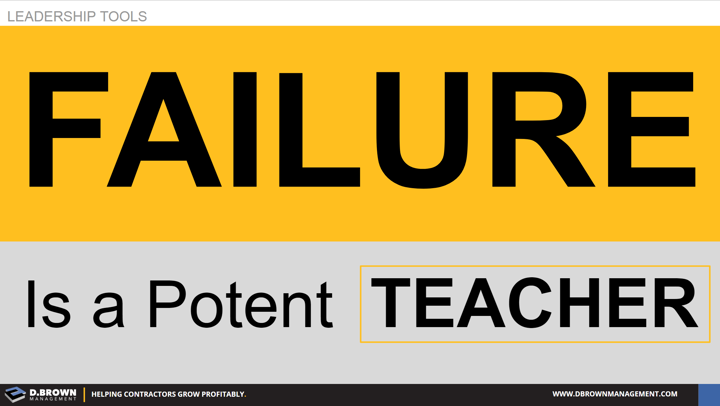- You don’t define failure just as CATASTROPHIC events that seriously damage your business.
- You define failure broadly as ANYTHING that is not adding value to the customer or slowing your progress.
- You embrace failure as part of the learning process diving deeply into the Root Cause Analysis (RCA).
- You develop a culture and systems so that everyone on the team thinks about the business as a series of interrelated cycles. Consider all the interrelated cycles from the installation of a light fixture in the field to to the monthly project review meetings to the annual business planning process.
- Your whole team views each cycle as an opportunity to improve (PDCA)
- You have developed structured processes for continuously updating your Standard Operating Procedures (SOPs) as your team learns then rolling them out across the company improving the whole team’s capabilities.
Book Resources:
The Five Elements of Effective Thinking
Related LinkedIn Posts:

